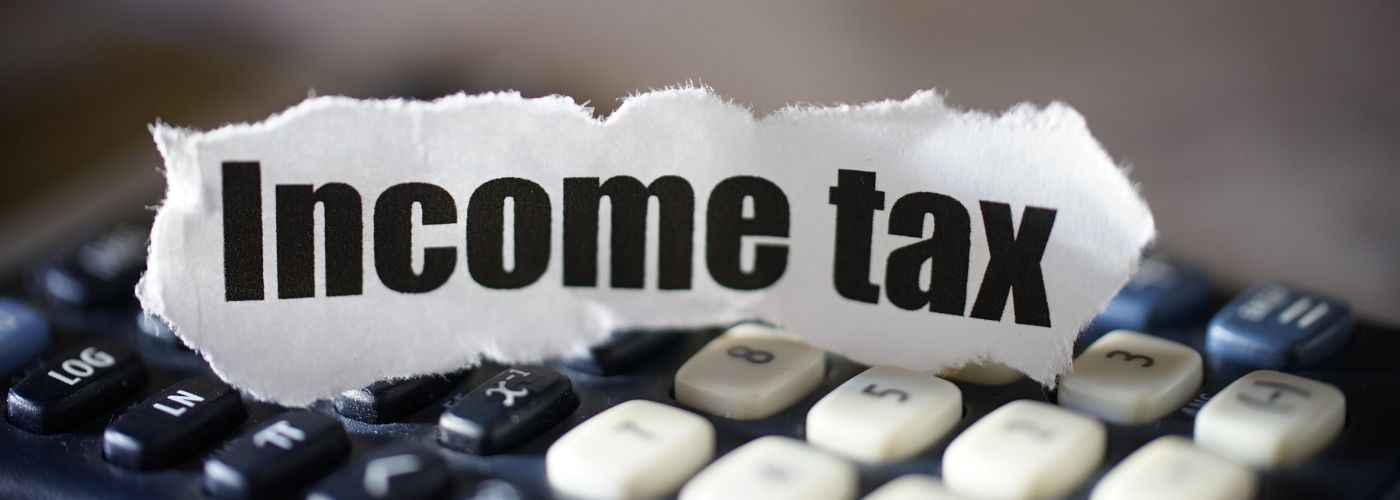Sole Proprietorship ITR Instructions
Sole proprietorships, like any other incorporated company, such as a partnership or a corporation, must pay taxes. In the legal sense, ownership is recognised as an individual, and income tax returns must be filed in the same manner as proprietors. As a result, the laws governing the proprietor’s income taxpayers apply to the firm as well.
If the proprietor is a senior citizen, the tax for corporate slab for seniors applies to the firm; for example, citizens 60 and over are free from paying income tax if their total earnings are less than Rs 3 lakh; and If a person is 80 years old or older and earns less than Rs 5 lakh per year, their taxable income is zero.
ITR Form Information for Sole Proprietorships
For a sole proprietor, there are two ways to file an ITR:
- The ITR 3 Form can be utilised by a lone proprietor operating in a proprietary business or profession.
- ITR 4 filing is available to taxpayers who fall under Sections 44AD, 44ADA, and 44AE of the Indian Income Tax Act and have an annual income of less than Rs 50 Lakhs.

An audit of sole proprietorships
Depending on the company’s annual revenue, an audit of the proprietorship can be necessary. In the following three circumstances, an audit is required:
- During the assessment year, the yearly turnover of a proprietorship firm exceeds Rs. 1 Crore.
- For professional proprietorships, an audit is necessary if the business receipts exceed Rs 50 Lakhs.
- An audit is required whenever a proprietorship is subject to any presumptive tax scheme, regardless of yearly turnover.
The Income Tax Act of 1961 outlines the procedures for conducting audits. A certified Chartered Accountant must conduct the audit of a proprietorship firm in accordance with that Act. The CA must examine all books of accounts to make sure they are kept appropriately in order to confirm that the proprietorship company has complied with all rules.
The Income Tax Return Due Date for a Proprietorship
The due date for a proprietorship’s tax return is liable to vary in the event of an audit under the Income Tax Act of 1961 or any international transactions.
- For firms that do not require an audit, tax returns must be filed by July 31.
- Tax returns for sole proprietorships that are subject to audit must be filed by September 30.
- Proprietorships that have transacted business globally or with particular domestic businesses must file tax returns by November 30.
Even if conducting a business or profession as a sole proprietor is the most basic business organisation, it is still essential to follow tax rules and submit Income tax returns on or before the prescribed due date. There are various advantages to filing an ITR in India. As a result, you should not avoid filing a type in ITR on purpose, as this could result in notices and fines.
Conclusion
In conclusion, there are certain rules that should be followed when submitting an Income Tax Return (ITR) for a sole proprietorship in order to assure compliance with tax laws. Keep separate records of your business’s revenue, outlays, and deductions as a sole owner. To compute the business’s taxable income appropriately, certain records should be used. Additionally, it’s crucial to include all pertinent information on the ITR form, such as turnover, and to categorise business income under the proper headings. A solid financial status can be maintained by ensuring accurate and timely filing, reducing the risk of fines, and remaining up to date on the most recent tax rules.



